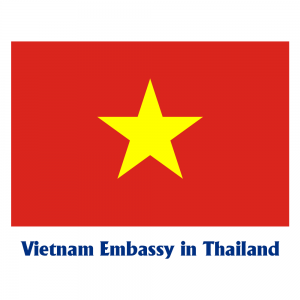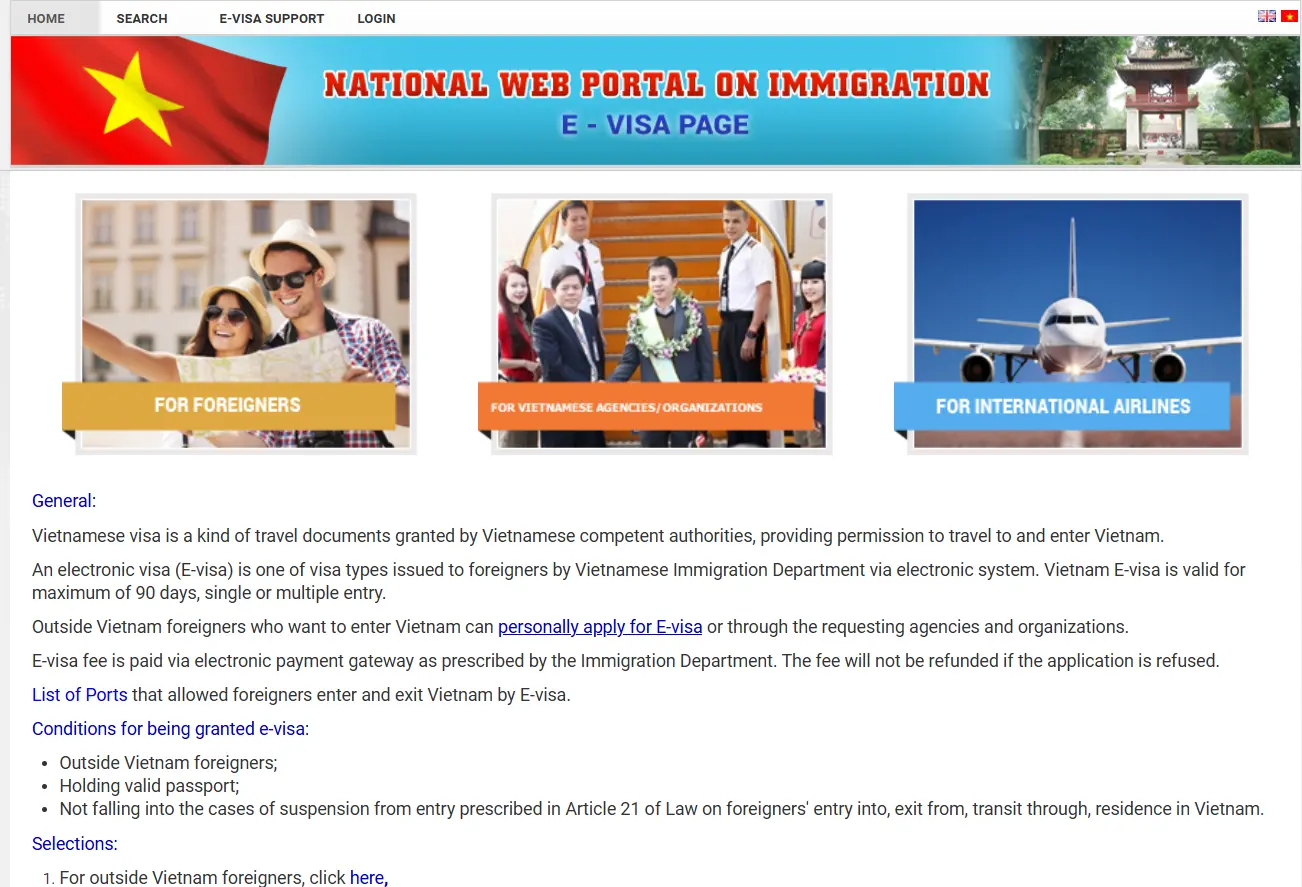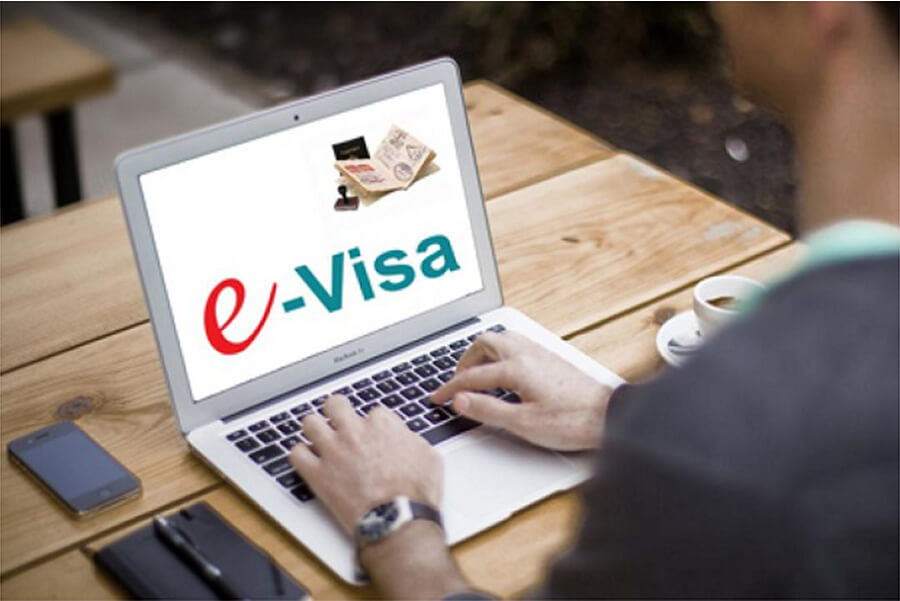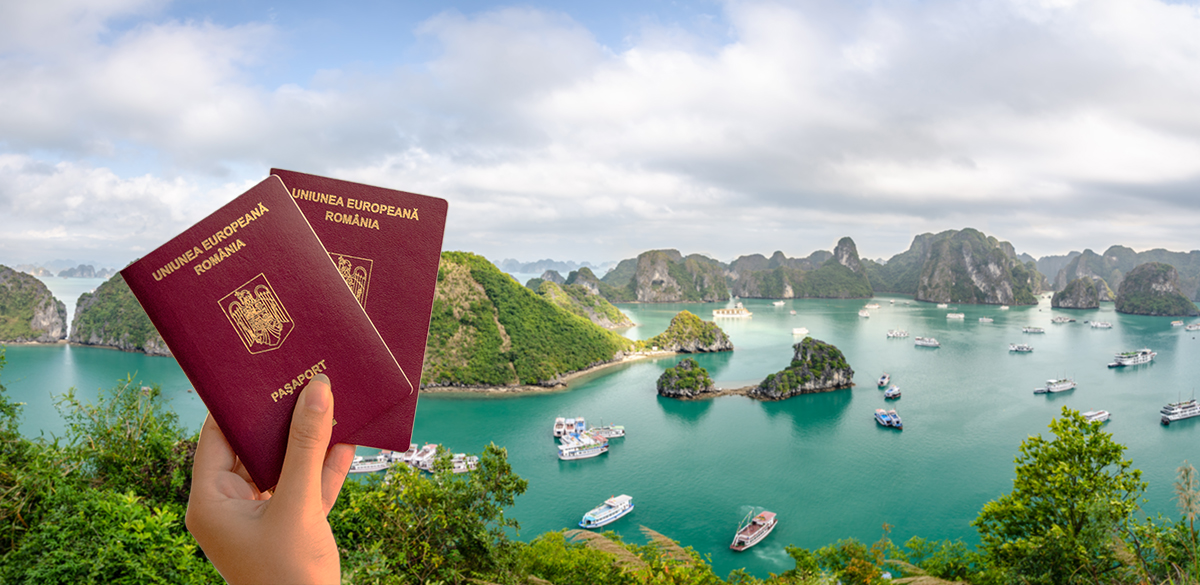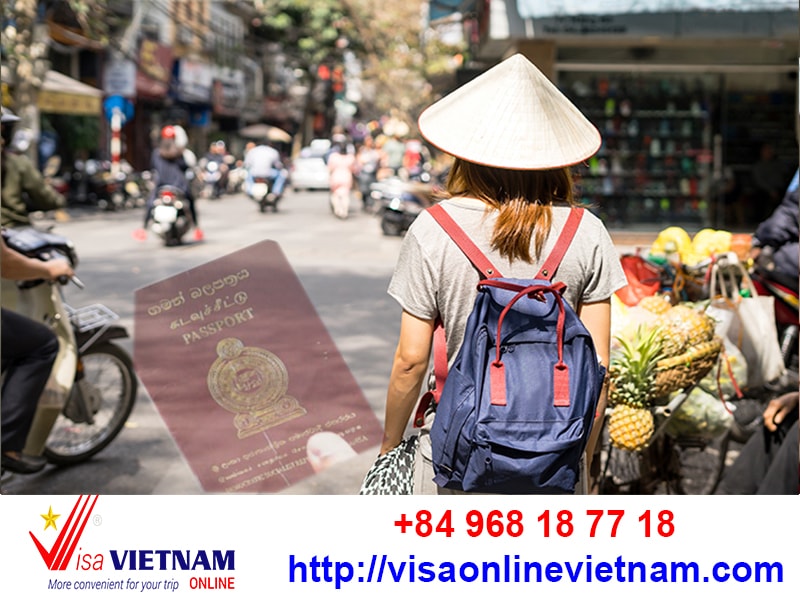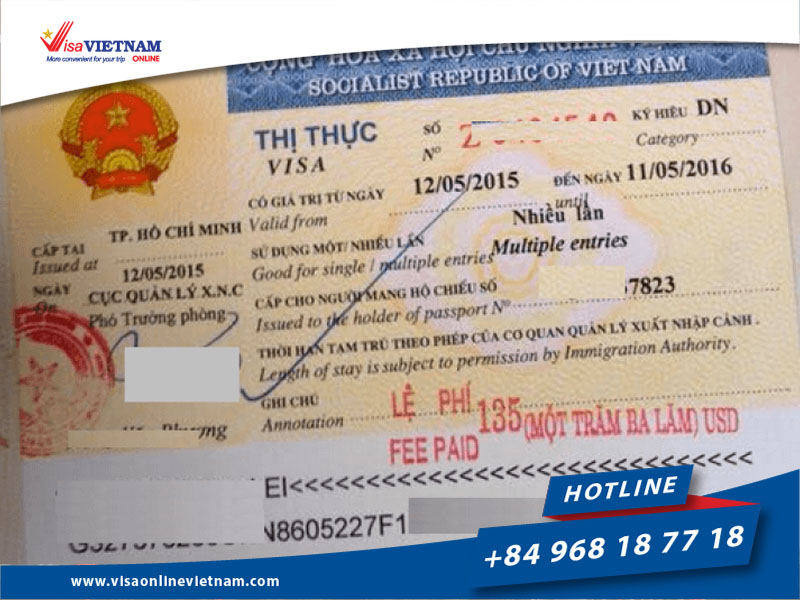
Vietnam Visa Requirements for International Students
Vietnam Visa Requirements for International Students
Moving to a different country for education can be an exciting yet challenging experience. As an international student planning to study in Vietnam, one of the crucial aspects to consider is obtaining the appropriate visa. Understanding the Vietnam visa requirements and application process is essential to ensure a smooth transition and stay in the country. In this blog post, we will delve into the eligibility criteria, types of visas available, application process, required documents, processing time and fees, health insurance requirement, accommodation options, cost of living, and the benefits of studying in Vietnam for international students.
Eligibility Requirements for Vietnam Visa

Before diving into the specific visa types, it’s important to understand the general eligibility requirements for obtaining a student visa in Vietnam. The following categories outline the basic criteria:
1. Enrollment in a Recognized Educational Institution
To pursue studies in Vietnam, international students must first secure admission to a recognized educational institution such as a university, college, or language school. The acceptance letter from the institution is a crucial document for the visa application process.
Full-Time Enrollment
Vietnam visa regulations specify that international students must enroll as full-time students, meaning they should be pursuing a degree program or participating in a course that requires at least 15 hours of study per week.
Valid Passport
International students must possess a valid passport with a minimum validity period of six months beyond their intended stay in Vietnam. It’s essential to ensure your passport meets this requirement before initiating the visa application process.
Types of Vietnam Visa for International Students
Vietnam offers various visa types to accommodate the needs of international students. The two primary visa categories are the Student Visa (DN visa) and the Tourist Visa (DL visa). Let’s explore each type in detail.
1. Student Visa (DN Visa)
The Student Visa, also known as the DN visa, is the most appropriate visa type for international students planning to study in Vietnam. This visa allows students to remain in the country for an extended period and is renewable throughout their academic program.
Single-Entry and Multiple-Entry DN Visa
International students can choose between a single-entry or multiple-entry DN visa based on their study plans. The single-entry visa is suitable for students pursuing a shorter-term course, while the multiple-entry visa is beneficial for those who need to frequently leave and re-enter Vietnam during their studies.
Visa Duration and Renewal
The initial validity of the DN visa usually aligns with the duration of the academic program. However, if students plan to extend their stay beyond the initial period, they must apply for a visa extension at least 30 days before the visa expiration date.
2. Tourist Visa (DL Visa)
While the Student Visa is the optimal choice for most international students, some may prefer the Tourist Visa (DL visa) due to its flexibility and ease of application. The DL visa allows students to stay in Vietnam for up to 90 days and engage in short-term programs or language courses.
Limitations of the DL Visa
It’s important to note that the Tourist Visa is not designed for long-term studies, and students cannot switch their status from tourist to student while in Vietnam. Therefore, it’s crucial to evaluate the duration and nature of your study program before opting for this visa type.
Extension and Visa Runs
If students wish to study in Vietnam for an extended period using a Tourist Visa, they can either apply for visa extensions or exit the country and re-enter to renew their visa. However, this process can be time-consuming and may disrupt the continuity of studies.
Application Process for Vietnam Visa for International Students

Once you understand the eligibility requirements and have chosen the appropriate visa type, it’s time to initiate the visa application process. The steps outlined below will guide you through the application process for obtaining a Vietnam student visa.
1. Visa Application Procedure
To begin the visa application procedure, international students must complete the following steps:
Step 1: Prepare Required Documents
Gather all the necessary documents required for the visa application process. These documents typically include:
- A completed visa application form (available on the official website of the Vietnam Ministry of Foreign Affairs or at the Vietnamese embassy/consulate in your home country).
- An acceptance letter from the educational institution in Vietnam.
- Passport-sized photographs (usually 4×6 cm or 3×4 cm).
- A copy of your passport information page.
- Proof of financial capability to support your stay in Vietnam (such as bank statements or scholarship letters).
- Health insurance documents (if applicable).
Step 2: Submitting the Application
Once you have prepared all the required documents, submit your visa application to the nearest Vietnamese embassy or consulate in your home country. It’s advisable to contact them in advance and confirm their specific requirements and procedures.
Step 3: Paying the Visa Fee
Upon submission of the visa application, you will be required to pay the visa fee. The fee amount may vary depending on your home country and the type of visa you are applying for. Ensure you have the necessary funds to cover this expense.
Step 4: Collecting Your Visa
After processing your application, the Vietnamese embassy/consulate will stamp the visa on your passport if approved. You can then collect your passport and visa or request the embassy/consulate to send it back to you via mail.
Documents Required for Vietnam Visa Application
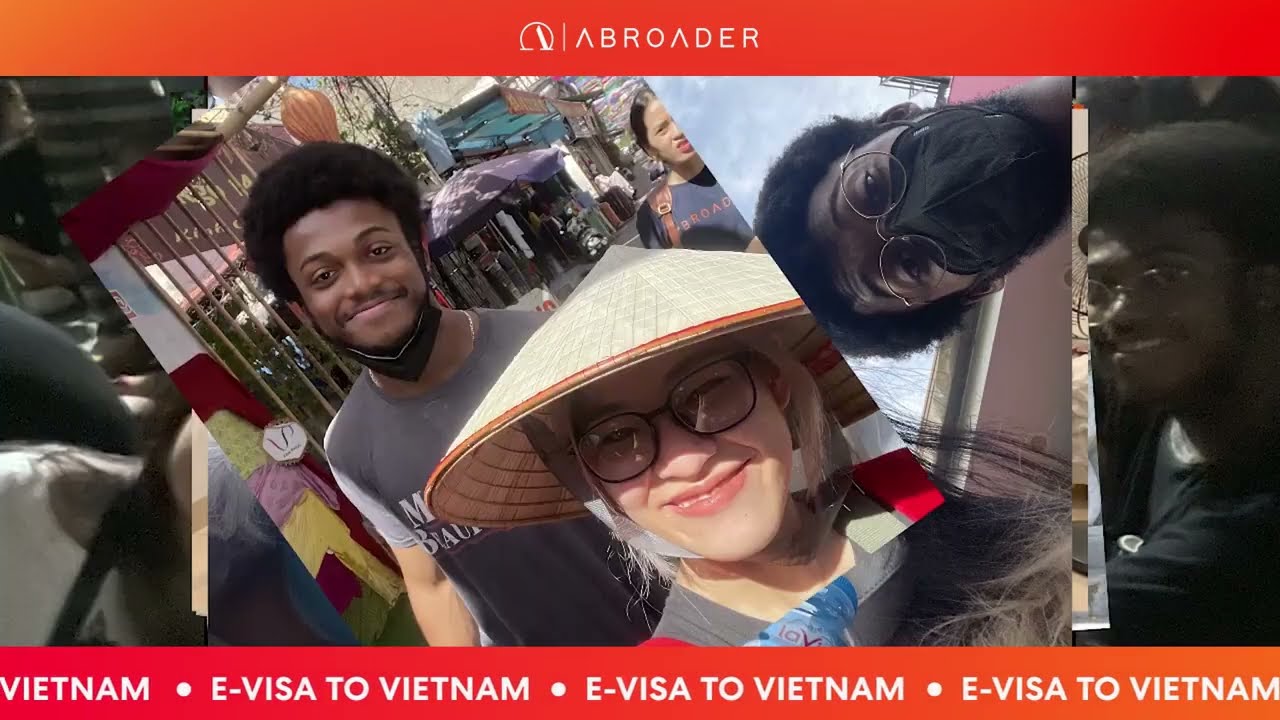
When applying for a Vietnam student visa, certain documents are essential to support your application and demonstrate your eligibility. Below is a comprehensive list of the documents you will need to prepare:
1. Completed Visa Application Form
The visa application form collects your personal information, including your name, date of birth, passport details, intended dates of entry and exit, and other relevant information. The form can be obtained from the official website of the Vietnam Ministry of Foreign Affairs or by visiting the Vietnamese embassy/consulate.
2. Acceptance Letter from an Educational Institution
To prove your enrollment in a recognized educational institution in Vietnam, you must provide an acceptance letter issued by the institution. The letter should include details such as the program you are admitted to, the duration of the program, and the start and end dates.
3. Passport-sized Photographs
Typically, two or three passport-sized photographs are required for the visa application. These photos should meet specific requirements, such as being taken against a plain background and with your face clearly visible.
4. Copy of Passport Information Page
Include a photocopy of the information page of your passport, which contains your personal details and passport number. Ensure the copy is clear and legible.
5. Proof of Financial Capability
To demonstrate your ability to support your stay in Vietnam, you may be asked to provide proof of financial capability. This can include bank statements, scholarship letters, or any other relevant documentation indicating sufficient funds.
6. Health Insurance Documents
Having health insurance coverage is often a requirement for obtaining a student visa in Vietnam. Make sure to obtain appropriate health insurance that meets the criteria set by your educational institution or the visa authorities.
Processing Time and Fees for Vietnam Visa
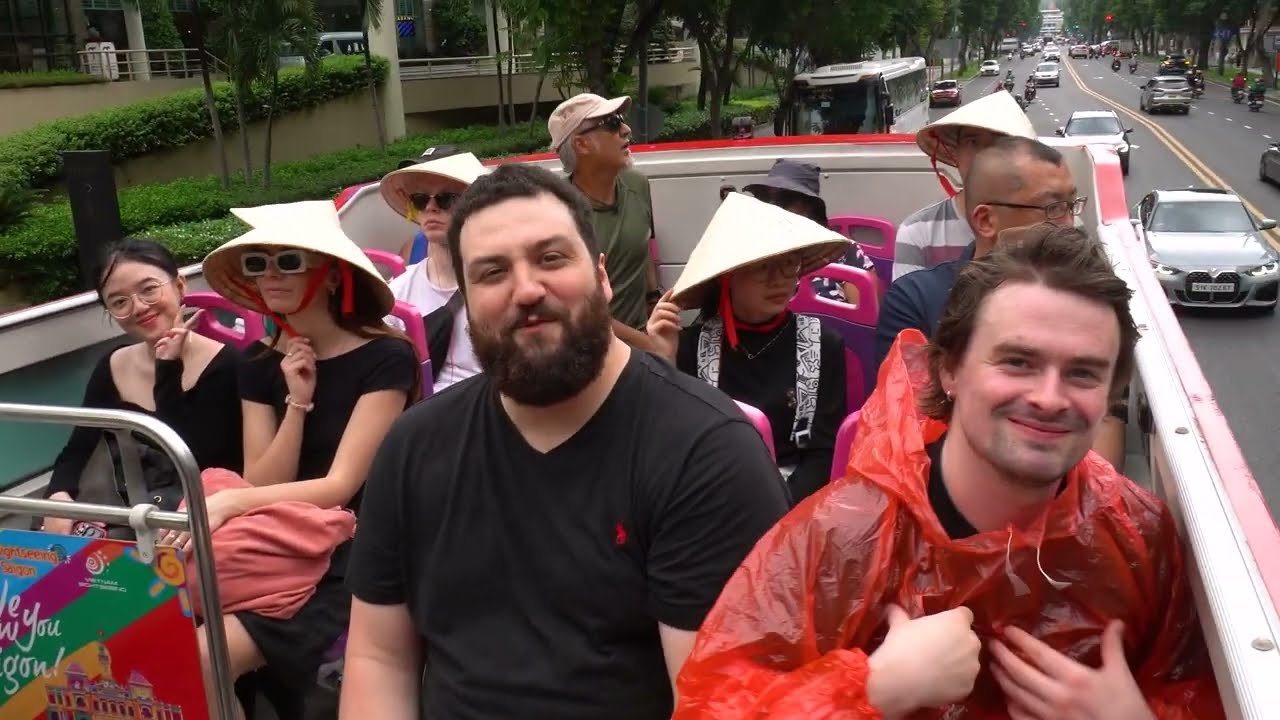
Understanding the processing time and associated fees for your Vietnam student visa will help you plan your application and budget effectively. Let’s explore these aspects in detail:
1. Processing Time
The processing time for a Vietnam student visa varies depending on the embassy/consulate and your home country. While some applications may be processed within a week, others might take up to four weeks or more. It’s advisable to check with the Vietnamese embassy/consulate well in advance to estimate the processing time.
2. Visa Fees
The visa fees for Vietnam student visas also differ based on the type of visa and your home country. Generally, the fee ranges between $25 and $135 USD. However, it’s important to note that these fees are subject to change, so it’s crucial to verify the current fee structure with the Vietnamese embassy/consulate.
Tips for a Smooth Vietnam Visa Application

Applying for a student visa can sometimes be complex, but following these tips will help ensure a smooth and successful visa application process:
1. Start the Application Process Early
Initiate your visa application process well in advance to avoid any last-minute complications or delays. This will give you ample time to gather all the required documents and complete the necessary procedures within the given timeframe.
2. Consult with Your Educational Institution
Reach out to your educational institution in Vietnam and seek their guidance regarding the visa application process. They will have valuable insights and may even provide specific instructions or assistance to make the process smoother for you.
3. Comply with Document Requirements
Thoroughly review the document requirements and guidelines provided by the Vietnamese embassy/consulate. Ensure that all the documents are complete, accurate, and meet the specified criteria before submitting them.
4. Maintain Regular Communication
Stay in touch with the respective Vietnamese embassy/consulate throughout the visa application process. Promptly respond to any requests for additional documents or clarifications to prevent delays in processing your application.
5. Double-Check Your Application
Before submitting your application, carefully review all the information provided to ensure accuracy and completeness. Even minor errors or omissions can lead to complications, resulting in delays or rejection of your visa application.
6. Keep a Copy of Your Documents
Make sure to keep copies of all the documents you submit for your visa application. These copies will serve as references and can be useful during your stay in Vietnam, especially when dealing with other administrative processes.
Health Insurance Requirement for Vietnam Visa
Health insurance coverage is an essential aspect of studying abroad, including in Vietnam. The Vietnamese government and educational institutions prioritize the well-being of international students and have made health insurance mandatory for visa issuance. Here’s what you need to know:
1. Mandatory Health Insurance
All international students studying in Vietnam are required to have health insurance coverage. This requirement ensures that students have access to medical services and financial support in case of emergencies or unexpected health issues during their stay.
2. Coverage Criteria
The health insurance coverage must meet specific criteria set by the Vietnamese government or the educational institution you are enrolled in. These criteria typically include coverage for medical treatment, hospitalization, emergency evacuation, and repatriation of remains.
3. Obtaining Health Insurance
To fulfill the health insurance requirement, you can either purchase insurance from a reputable international insurance provider or choose the insurance plan recommended by your educational institution. Ensure that the chosen insurance policy complies with the coverage criteria specified by the Vietnamese authorities.
Accommodation Options for International Students in Vietnam
When studying in Vietnam, finding suitable accommodation is a crucial aspect of ensuring a comfortable stay. Depending on your preferences and budget, there are various accommodation options available for international students:
1. University Dormitories
Many universities and educational institutions in Vietnam offer on-campus dormitories exclusively for their students. These dormitories provide a convenient and affordable option, allowing students to live in close proximity to their academic facilities.
Facilities and Services
University dormitories often offer basic amenities such as furnished rooms, communal kitchens, laundry facilities, study areas, and internet access. Some dormitories may also provide additional services like housekeeping, security, or recreational facilities.
Application Process
To secure a place in the university dormitory, you typically need to apply directly through your educational institution. Make sure to research the application process and deadlines well in advance, as availability may be limited.
2. Shared Apartments or Houses
Renting a shared apartment or house is a popular choice among international students in Vietnam. This option provides more independence and allows students to live with fellow students or local residents, creating opportunities for cultural exchange.
Finding Shared Accommodation
There are several ways to find shared apartments or houses in Vietnam. Online platforms, local real estate agents, and university bulletin boards are common resources for finding available accommodations. It’s advisable to start searching early to secure a suitable place.
Cost Considerations
The cost of shared accommodation in Vietnam varies depending on the location, size, and facilities provided. It’s essential to consider your budget and discuss expenses with potential roommates before finalizing any rental agreements.
3. Homestays
For students seeking an authentic cultural experience, living with a host family through a homestay program can be an excellent option. Homestays allow students to immerse themselves in Vietnamese culture and practice the local language.
Placement Services
Various organizations and agencies offer placement services for international students to find suitable homestays in Vietnam. These services typically match students with host families based on their preferences, interests, and specific requirements.
Benefits of Homestays
Living in a homestay provides unique benefits such as cultural immersion, opportunities to experience local traditions and customs, and the chance to build lasting relationships with Vietnamese families. Additionally, students receive support and guidance from their host families, which can be especially beneficial for those new to the country.
Cost of Living in Vietnam for International Students
As an international student studying in Vietnam, understanding the cost of living is essential for budgeting and managing finances. The following factors contribute to the overall cost of living in Vietnam:
1. Accommodation Expenses
Accommodation expenses can vary significantly depending on the location and type of housing you choose. University dormitories generally offer the most affordable option, while shared apartments or houses have moderate costs. Homestays may have higher fees due to the inclusion of additional services and meals.
2. Food and Groceries
Vietnam is known for its diverse and affordable food options. Eating at local street stalls and markets can help reduce food expenses. On average, students can expect to spend around $150 to $250 USD per month on groceries and dining out.
3. Transportation
Transportation costs in Vietnam are relatively low compared to many other countries. Public transportation options such as buses and trains offer affordable fares, while motorbike taxis (xe om) and ride-hailing services provide convenient and budget-friendly alternatives.
4. Entertainment and Leisure Activities
Engaging in leisure activities and exploring Vietnam’s cultural and natural attractions is an integral part of the student experience. While some activities may require admission fees or additional expenses, there are also many free or low-cost options available.
5. Miscellaneous Expenses
Miscellaneous expenses include items such as books, stationery, personal care products, and occasional shopping. It’s advisable to allocate a separate budget for these expenses based on your personal preferences and requirements.
Benefits of Studying in Vietnam for International Students
Choosing Vietnam as your study destination offers numerous benefits that contribute to both personal and academic growth. Let’s explore some of the advantages of pursuing education in Vietnam:
1. Affordable Education
Vietnam provides a cost-effective education system, making it an attractive option for international students seeking quality education at a reasonable price. The tuition fees and living expenses in Vietnam are generally lower compared to many other countries.
2. Cultural Diversity
Vietnam is a culturally diverse country, offering a rich blend of traditions, languages, and landscapes. Studying in Vietnam allows international students to immerse themselves in this vibrant cultural tapestry, enhancing their global perspective and intercultural skills.
3. High-Quality Education Institutions
Vietnamese universities and educational institutions are known for their academic excellence and high standard of education. Many institutions have partnerships and collaborations with renowned international universities, providing students with access to quality programs and resources.
4. Growing Economy and Job Opportunities
Vietnam’s rapidly growing economy presents abundant job opportunities for skilled professionals. By studying in Vietnam, international students can gain a competitive edge in the job market, particularly in sectors such as information technology, business, engineering, and hospitality.
5. Natural Beauty and Travel Opportunities
Vietnam boasts breathtaking natural landscapes, from pristine beaches to lush mountains and vibrant cities. As a student in Vietnam, you will have numerous opportunities to explore these scenic locations and experience the country’s rich history and cultural heritage.
Conclusion
Obtaining a student visa for Vietnam is a crucial step in realizing your aspirations of studying in this captivating country. By understanding the eligibility requirements, visa types, application process, necessary documents, processing time and fees, health insurance requirement, accommodation options, cost of living, and the benefits of studying in Vietnam, you can navigate the visa application process with confidence. Remember to start the application process early, gather all the required documents, and stay informed about the latest regulations to ensure a smooth transition to your educational journey in Vietnam. Embark on this exciting chapter of your life and embrace the numerous opportunities that studying in Vietnam has to offer.

